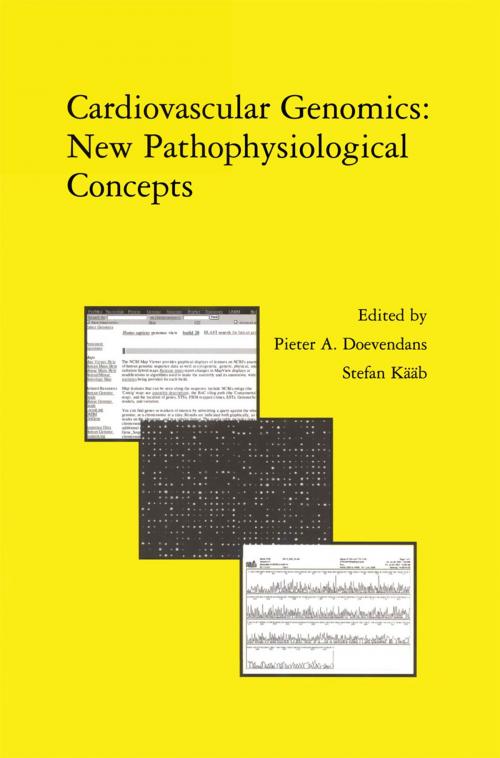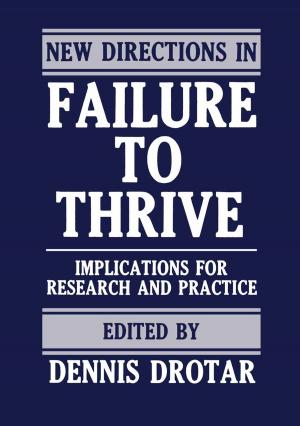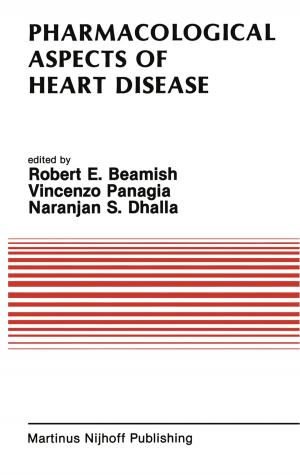Cardiovascular Genomics: New Pathophysiological Concepts
Proceedings of the 2001 European Science Foundation Workshop in Maastricht
Nonfiction, Health & Well Being, Medical, Medical Science, Genetics, Specialties, Internal Medicine, Cardiology| Author: | ISBN: | 9781461510055 | |
| Publisher: | Springer US | Publication: | December 6, 2012 |
| Imprint: | Springer | Language: | English |
| Author: | |
| ISBN: | 9781461510055 |
| Publisher: | Springer US |
| Publication: | December 6, 2012 |
| Imprint: | Springer |
| Language: | English |
Four years ago-in December 1997-the first European Science Foundation Workshop on Cardiovascular Specific Gene Expression was held in Maastricht. It was hardly possible to imagine the progress in the field in those four years. In 1997, gene expression was still an art focused on individual genes; in 200 I, many labs have access to micro-array facilities to determine the expression of thousands of genes simultaneously. In 1997, gene expression was an area of fundamental research in basis molecular biology laboratories; in 200 I, clinical cardiovascular research has incorporated gene expression approaches. In 1997, the interpretation of a gene expression experiment was usually straightforward; in 200 I, advanced bioinformatics tools are needed to approach the extreme complexities of genetic control of cell and tissue function. The second symposium in this series is focused on Cardiovascular Genomics. New Pathophysiological Concepts. The organizing committee chose to invite a group of renown scientists and young investigators around four topics of eminent importance in cardiovascular research. These topics reflect the major present-day clinical cardiovascular problems: atherosclerosis, hypertension, arrhythmias and heart failure. In addition to these four disease-driven topics, the workshop has sessions on gene expression methodologies and cellular transplant approaches to cardiovascular disease.
Four years ago-in December 1997-the first European Science Foundation Workshop on Cardiovascular Specific Gene Expression was held in Maastricht. It was hardly possible to imagine the progress in the field in those four years. In 1997, gene expression was still an art focused on individual genes; in 200 I, many labs have access to micro-array facilities to determine the expression of thousands of genes simultaneously. In 1997, gene expression was an area of fundamental research in basis molecular biology laboratories; in 200 I, clinical cardiovascular research has incorporated gene expression approaches. In 1997, the interpretation of a gene expression experiment was usually straightforward; in 200 I, advanced bioinformatics tools are needed to approach the extreme complexities of genetic control of cell and tissue function. The second symposium in this series is focused on Cardiovascular Genomics. New Pathophysiological Concepts. The organizing committee chose to invite a group of renown scientists and young investigators around four topics of eminent importance in cardiovascular research. These topics reflect the major present-day clinical cardiovascular problems: atherosclerosis, hypertension, arrhythmias and heart failure. In addition to these four disease-driven topics, the workshop has sessions on gene expression methodologies and cellular transplant approaches to cardiovascular disease.















